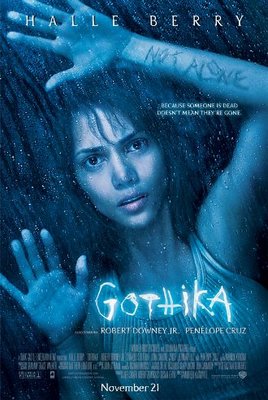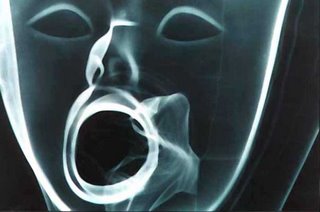
I've just finished my first week of Psychiatry, which has thus far proven very interesting. I was most struck not by the patients, but by listening to the family, and how they deal with their affected relation, and the stigma, violence, paranoia, personality change, poor hygiene, homelessness and financial difficulties.
I hadn't really considered the social issues involved in Psychiatry; it is invariably difficult to hold down a job, which means patients quickly end up unable to support themselves and commonly become street homeless. During their stay in hospital, the aim is to organise benefits and accommodation for their discharge.
I felt apprehensive to begin with, but got stuck in and saw a patient on my first day, which quickly lifted any fears. I found myself fascinated by the content of his delusions and hallucinations, and the context of technology that so often provides a source of paranoia and persection in patients with mental health problems.
I was reminded of the 2003 film Gothika, starring Halle Berry, Robert Downey Jr and Penelope Cruz. Ostensibly a horror film, it is about a psychologist, Dr Miranda Grey (Berry), who works at a female mental hospital/prison. She wakes one day to find herself an inmate, having murdered her husband, with no recollection of any of the events leading up to her incarceration. The basic theme of the film is that the delusions of a patient, Chloe (Cruz), turn out to be the truth, and Dr Grey learns first hand that her patients should be given the benefit of the doubt, especially when her colleague Pete Graham (Downey Jr) fails to believe any of her claims.
It isn't the best film in the world but might prove interesting if you are interested in psychiatry and have a penchant for horror!







